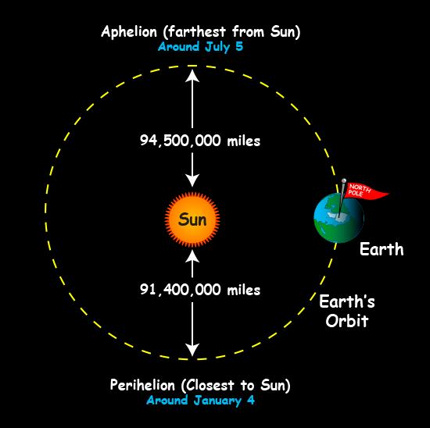It’s one of those things we take for granted — why the New Year begins on January 1st. It would seem more logical to begin a year at the winter solstice, the shortest day in the Northern Hemisphere, the perfect time to begin anew. But no seasonal or natural event occurs on January 1. So how did this date get chosen as the beginning of our New Year?
For us, it goes back to the Romans. January was named for the Roman god Janus (pictured), the deity of doorways and beginnings. Janus has two faces, both looking into the past an d the future. The Romans had a feast of Janus, when they also made promises to him, which for us became the custom of making New Year’s resolutions.
d the future. The Romans had a feast of Janus, when they also made promises to him, which for us became the custom of making New Year’s resolutions.
Of course, few things in this world are universal. Historically, some cultures have celebrated the spring or vernal equinox as a time of new beginnings, and have started their new year accordingly. The autumnal equinox also had its adherents. For example, the French Republican Calendar – implemented during the French Revolution and used for about 12 years – began its year at the fall equinox. The Greeks did celebrate their new year on the winter solstice.
Today, some cultures and religions still follow their own traditions. Jews use a lunar calendar and celebrate the New Year on Rosh Hashana, the first day of the month of Tishri, which is the first month of their calendar. This date usually occurs in September. Most are also familiar with the Chinese New Year, celebrated for weeks in January or early February. In 2017, the Chinese New Year of the Rooster is welcomed on January 28.
In addition, there is an astronomical occurrence around January 1 that’s related to Earth’s year as defined by its orbit around the sun. Earth’s perihelion – or closest point to the sun – happens every year in early January. This new year, the perihelion comes on January 4.
This information and the photos came from “Why the New Year begins on January 1” by Daniela Breitman and Deborah Byrd in Human World on the EarthSky website ( http://earthsky.org/human-world/why-the-new-year-begins-on-january-1 ).

